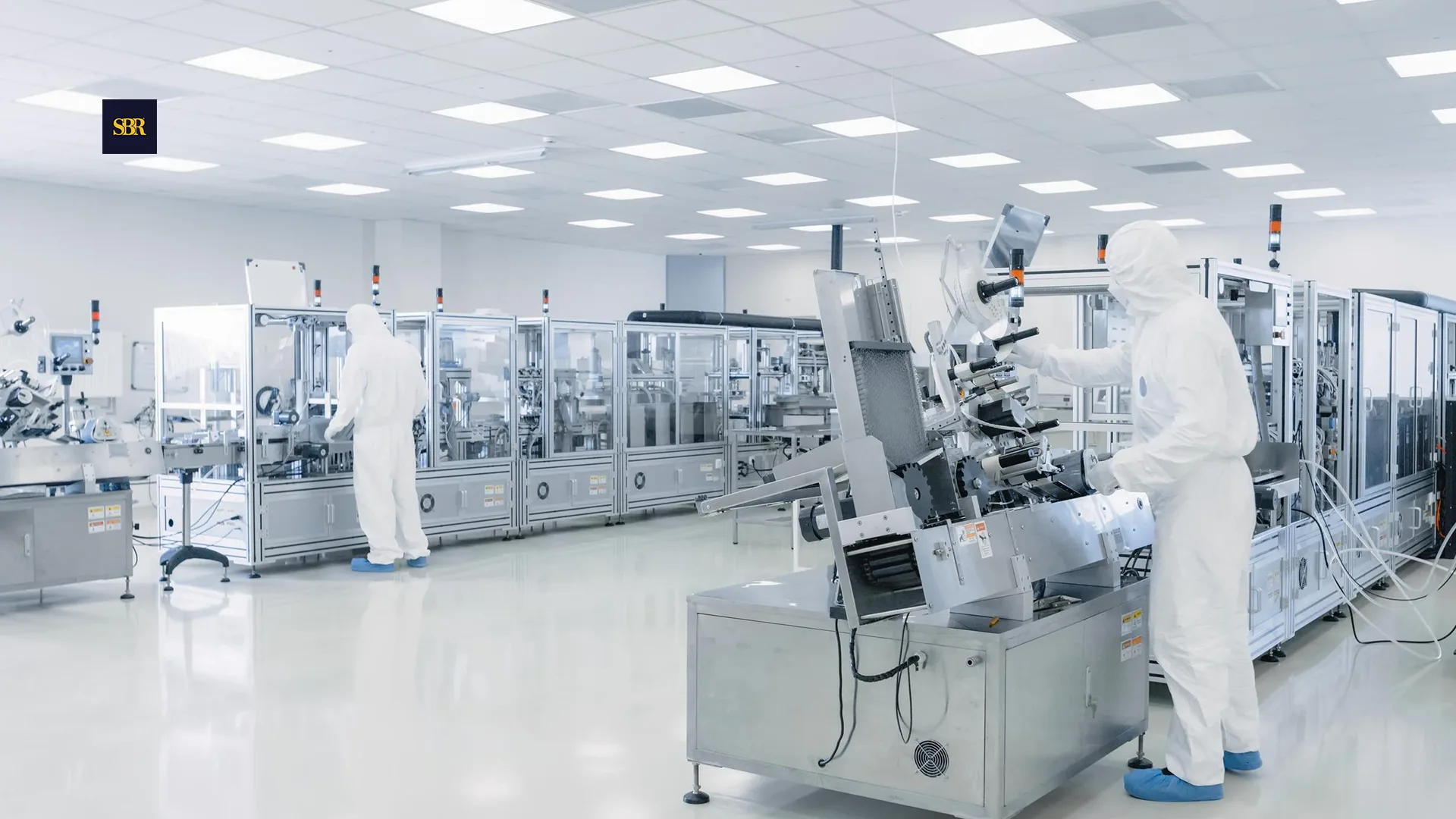MADISON, Wis., May 13, 2025 — While many fusion energy startups face setbacks, Realta Fusion is moving forward with $36 million in new funding to complete the design of its Anvil prototype reactor.
The Series A round, led by Future Ventures with participation from Avila VC, GSBackers, Khosla Ventures, Mayfield, SiteGround, TitletownTech and the Wisconsin Alumni Research Foundation, is expected to carry the company through the final design phase. Realta aims to present a shovel-ready plan by the end of the round.
“By the end of our Series A investment period, we’ll have said, ‘Hey, we have a design. We’re shovel ready to go and build Anvil,’” said Kieran Furlong, co-founder and CEO.
The Madison-based startup, which spun out of the University of Wisconsin three years ago, previously raised $9 million in a seed round led by Khosla Ventures. It drew early attention last summer after activating a pair of magnets and setting a record for a magnetic field confining a plasma within two weeks.
Realta is developing a reactor based on a concept known as a magnetic mirror, a long-discussed approach that uses magnets at both ends of a symmetrical chamber to confine plasma. The method allows the company to add scalable middle sections built with less powerful and more affordable magnets. If successful, it could enable the production of high-temperature plasma long enough to initiate nuclear fusion and generate usable energy.
The company hopes to build reactors that initially deliver energy at $100 per megawatt-hour, aiming to eventually reduce that figure to $40. By comparison, current natural gas power plants operate in the $45 to $105 per megawatt-hour range, according to financial advisory firm Lazard.
Realta’s 18-person team continues to work closely with University of Wisconsin scientists as it prepares for a possible Series B raise next year, which would fund the construction of the Anvil prototype.
Realta is one of several fusion ventures gaining momentum in Wisconsin, where data center energy demands are growing rapidly. Microsoft is building a new facility in the region, and state lawmakers are discussing legislation to attract both fusion and fission energy development.
“The state legislature is definitely paying attention,” Furlong said. “We’ve talked to both sides, and we think this is an opportunity for bipartisan work here.”
Fusion has long been seen as a potential clean energy solution, though only one experiment has reached the scientific breakeven point — the stage where more energy is released from fusion than is used to sustain it. Commercial viability remains years away, but companies like Realta are betting that sustained investment and engineering progress will get them there.
“We’ve had the Gartner hype cycle. We’re kind of coming down the other side now,” Furlong said. “What we want to avoid is seeing a few companies blow up spectacularly and spoil it for the rest of the industry.”
Furlong emphasized the collective interest across the sector. “We wish everyone success,” he said. “We all want fusion to succeed. I think we all recognize we’ve got 40 or 50 companies working on it right now. Obviously, not all of them will survive.”
Realta’s progress comes as U.S. energy policy shifts toward supporting next-generation nuclear technologies. The Department of Energy has outlined increased interest in fusion power as part of its long-term decarbonization goals. Whether Realta can meet its timeline and technological milestones remains to be seen, but its latest funding round suggests that investors remain willing to back well-grounded approaches in the sector.
We all want fusion to succeed. I think we all recognize we’ve got 40 or 50 companies working on it right now. Obviously, not all of them will survive.
















